Intellectual property – new resource of knowledge economy
On the morning of November 5, at the discussion session on the Law amending and supplementing a number of articles of the Law on Intellectual Property (IP), National Assembly deputies focused on contributing many important contents, aiming to perfect the legal framework for the field that is becoming a pillar of the innovative economy.
Delegate Nguyen Thi Lan ( Hanoi Delegation) assessed that this draft has a fundamental shift in approach, from "protecting rights" to "exploiting value". According to the delegate, this is a direction in line with the international trend, considering intellectual property not only as legal rights but also as a type of asset with high economic value, which can contribute capital, mobilize capital and participate in the market like other types of assets.
"Brands, inventions, and technical know-how are the 'soft gold' of the economy. In many global businesses, the value of intangible assets accounts for more than 70% of the total enterprise value. If Vietnam wants to develop a knowledge-based economy, it cannot stop at protecting rights, but must know how to exploit and commercialize intellectual property," the delegate emphasized.
Delegate Nguyen Thi Loan said that adding regulations on financialization of intellectual property rights in the draft is an important step forward, opening up opportunities for businesses, inventors and artists to turn their creations into real resources. "If done well, intellectual property can become a new channel for capital mobilization, supporting the development of creative industries, science, technology and culture."
However, to ensure transparency and prevent risks, delegate Nguyen Thi Lan suggested that the draft should clearly distinguish cases where self-pricing is allowed and cases where independent valuation is required. "For inventions and trademarks created from state budget funds or national science and technology programs, there needs to be an independent appraisal organization and an inspection mechanism by competent authorities to avoid price inflation or financial fraud."
Delegate Nguyen Thi Lan also welcomed the direction of building a national database on intellectual property values, considering this an important foundation for forming a transparent intellectual property market, similar to a stock exchange. "Japan, South Korea, and Singapore have had effective intellectual property valuation models and trading floors, helping to commercialize inventions, improve labor productivity, and create motivation for innovation. Vietnam can absolutely learn from this experience," delegate Nguyen Thi Lan suggested.
Perfecting the legal corridor for the digital creative era
Delegate Bui Hoai Son (Hanoi Delegation) said that financial regulations based on intellectual property rights are "the key to opening the door to the cultural industry".
Delegates said that if Vietnam knows how to exploit the potential of copyrights in music, movies, designs, games and digital creative products, it can develop a cultural industry worth tens of billions of USD like Korea or Japan.
"There needs to be a mechanism for copyright to become a legal collateral asset, helping artists and creative businesses to mobilize capital through their intellect. Only then will culture truly become an economic sector, and artists can live off their creativity, not just on emotions," delegate Bui Hoai Son emphasized. However, the delegate noted that for this mechanism to be feasible, there must be a specific pricing framework for each creative field, ensuring transparency and avoiding the phenomenon of exploiting pricing to inflate copyright prices. "A developing intellectual property market can only be sustainable when there is a transparent legal framework, clear pricing standards and an independent monitoring system."
In particular, delegate Bui Hoai Son suggested that the draft should add the principle of responsibility of AI platforms and cross-border digital platforms. According to the delegate, this is a hot issue globally when AI models use data and creative works without permission. "Platforms must have the obligation to quickly remove infringing content, prevent re-posting, publicize data used to train AI and not commercialize AI-generated content if it is based on unlicensed works," delegate Bui Hoai Son emphasized.
"This is not just a legal technique, but also a matter of protecting Vietnam's cultural foundation, protecting Vietnamese artists and the trust of the young creative generation. We cannot let cultural values be sucked away like raw resources, or let Vietnamese artists become free data providers for foreign AI."
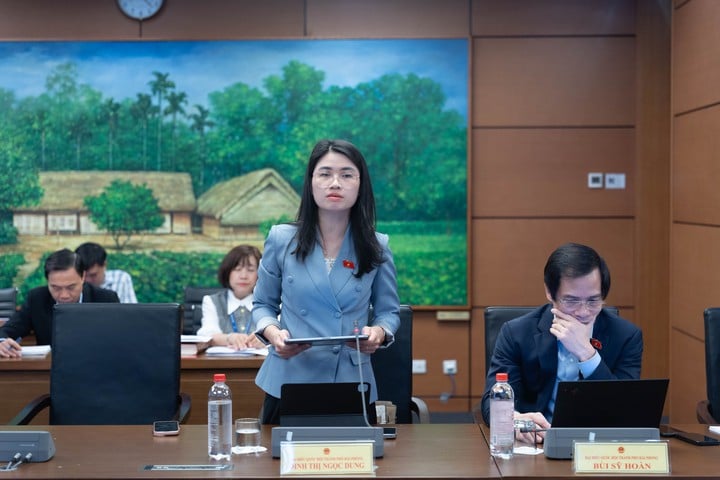
Delegate Dinh Thi Ngoc Dung speaks in the discussion.
Delegate Dinh Thi Ngoc Dung (National Assembly delegation of Hai Phong city) pointed out that the provision in Clause 5, Article 7 of the draft allows data mining for AI training but prohibits "commercial mining", which is a condition "very difficult to meet".
Delegates analyzed that if this regulation is maintained, the entire domestic AI ecosystem will fall into a deadlock: businesses will not dare to invest, research institutes will not be able to transfer. Delegates suggested redesigning the regulation, clearly distinguishing between non-commercial use (widely allowed) and commercial use (conditionally allowed, applying a reasonable compensation mechanism).
Sharing the same view, Delegate Nguyen Thi Viet Nga (National Assembly delegation of Hai Phong city) said that the draft has a "legal gap" when it has not yet identified the "subject of intellectual property rights" for products created by AI.
Delegates proposed adding the principle: only recognizing intellectual property rights for products "with decisive creative contributions of humans", and at the same time assigning the Government to specify detailed evaluation criteria.
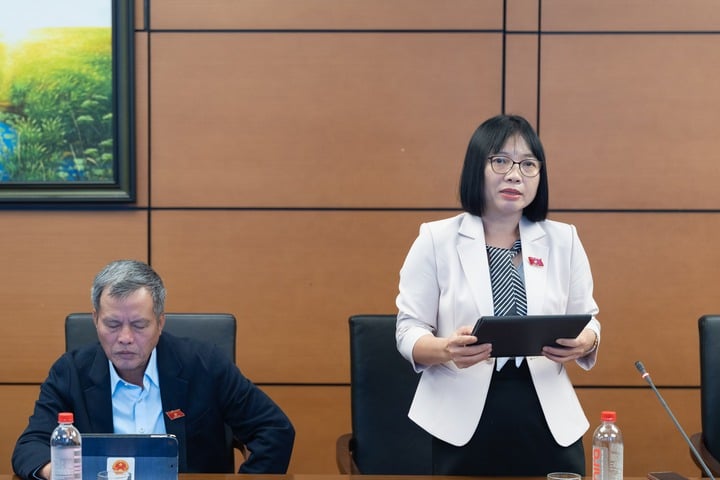
Delegate Nguyen Thi Viet Nga spoke in the discussion.
In addition, delegates also commented on other technical issues in the digital environment such as: There should be clear regulations on ownership of algorithms, training data, open source code and a proposal to separate "a chapter regulating intellectual property in the digital environment"; concerns about the boundary between "non-physical industrial designs" (such as graphic interfaces) and "copyright". It is recommended that the law should provide "principled criteria" to clearly distinguish, instead of leaving it entirely to the Government for guidance; regulations on protecting intellectual property rights in the digital environment (Article 198B) are "still general", lacking a mechanism to force cross-border platforms to provide information identifying violators.
Sharing this view, delegate To Ai Vang (Can Tho) said that it is necessary to expand the scope of the Law's regulation to digital technology products, artificial intelligence, big data and press activities.
According to the delegate, press agencies and reporters also need to have their intellectual property rights protected, in order to encourage investment in original, high-quality creative content in the digital media environment. "In the data economy, big data is a valuable asset. The law needs to clearly stipulate the ownership, exploitation and protection of data, avoiding monopoly or abuse. At the same time, there must be a mechanism to clearly determine who is the owner and who is responsible when AI violates the intellectual property rights of others," delegate To Ai Vang suggested.
According to the Program of the 10th Session of the 15th National Assembly, the National Assembly is expected to discuss this Law Project in groups on November 5, then discuss it in the hall at the end of November and pass it in early December 2025.
Previously, on October 27, 2025, the National Assembly heard the submission and report on the review of the draft Law amending and supplementing a number of articles of the Law on Intellectual Property. Authorized by the Prime Minister, Minister of Science and Technology (MOST) Nguyen Manh Hung presented the Draft Law amending and supplementing a number of articles of the Law on Intellectual Property. Accordingly, the Draft Law amends and supplements 75 articles; focusing on 05 groups of policy contents: Supporting the creation and commercial exploitation of intellectual property rights to promote innovation; Simplifying administrative procedures, facilitating the registration and establishment of intellectual property rights; Improving the effectiveness of intellectual property protection activities; Ensuring full implementation of Vietnam's international commitments on intellectual property protection; Updating new issues in intellectual property protection.
Source: https://mst.gov.vn/hoan-thien-luat-so-huu-tri-tue-de-phat-huy-gia-tri-vang-mem-cua-nen-kinh-te-197251105211428223.htm


![[Photo] Prime Minister Pham Minh Chinh receives the delegation of the Semiconductor Manufacturing International (SEMI)](https://vphoto.vietnam.vn/thumb/1200x675/vietnam/resource/IMAGE/2025/11/06/1762434628831_dsc-0219-jpg.webp)




![[Photo] Closing of the 14th Conference of the 13th Party Central Committee](https://vphoto.vietnam.vn/thumb/1200x675/vietnam/resource/IMAGE/2025/11/06/1762404919012_a1-bnd-5975-5183-jpg.webp)






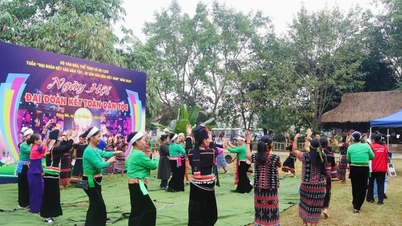
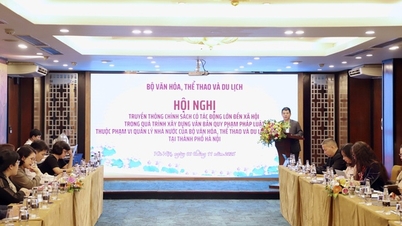




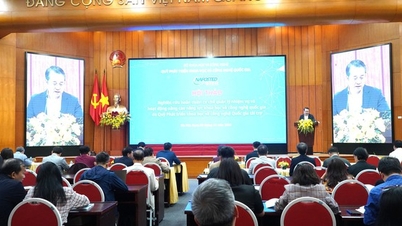
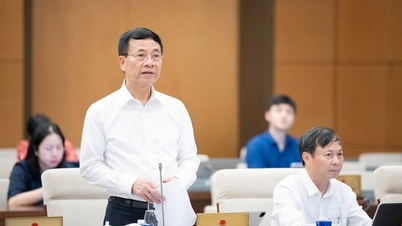
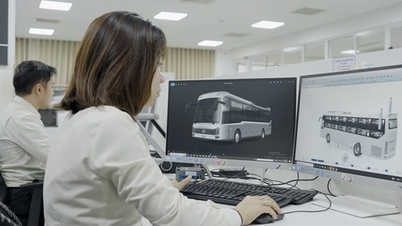

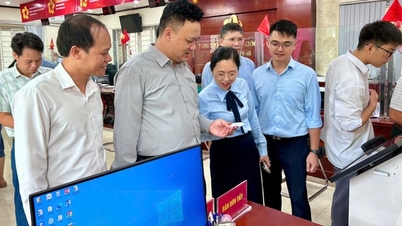







































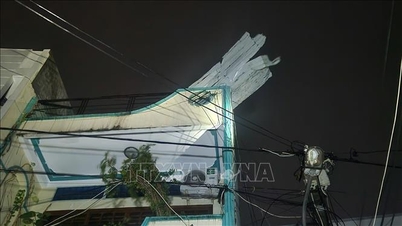

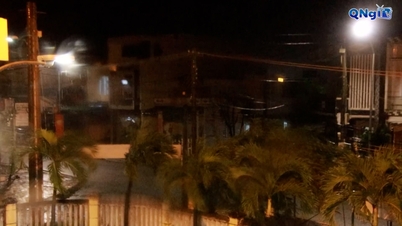

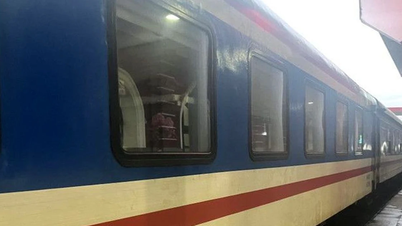

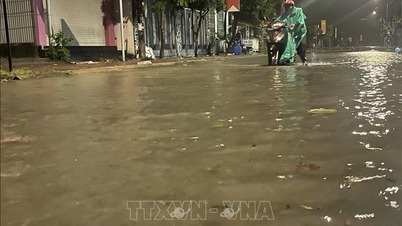

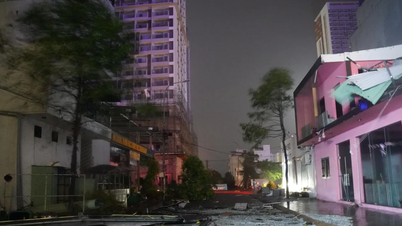





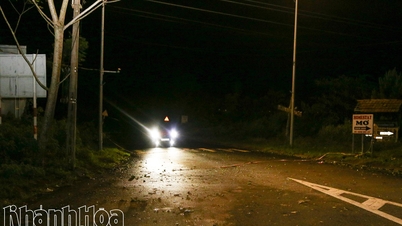

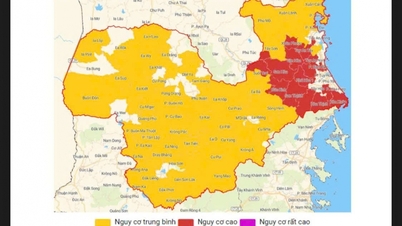

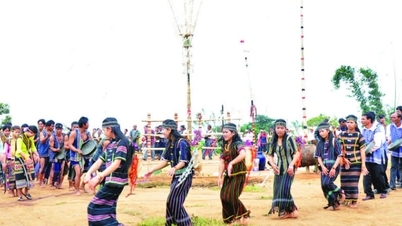

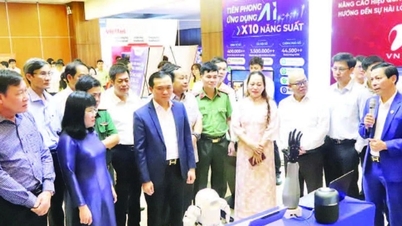

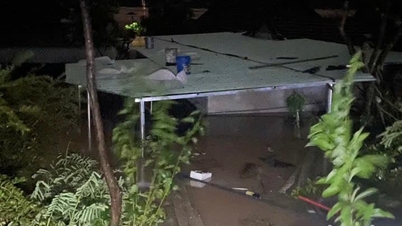











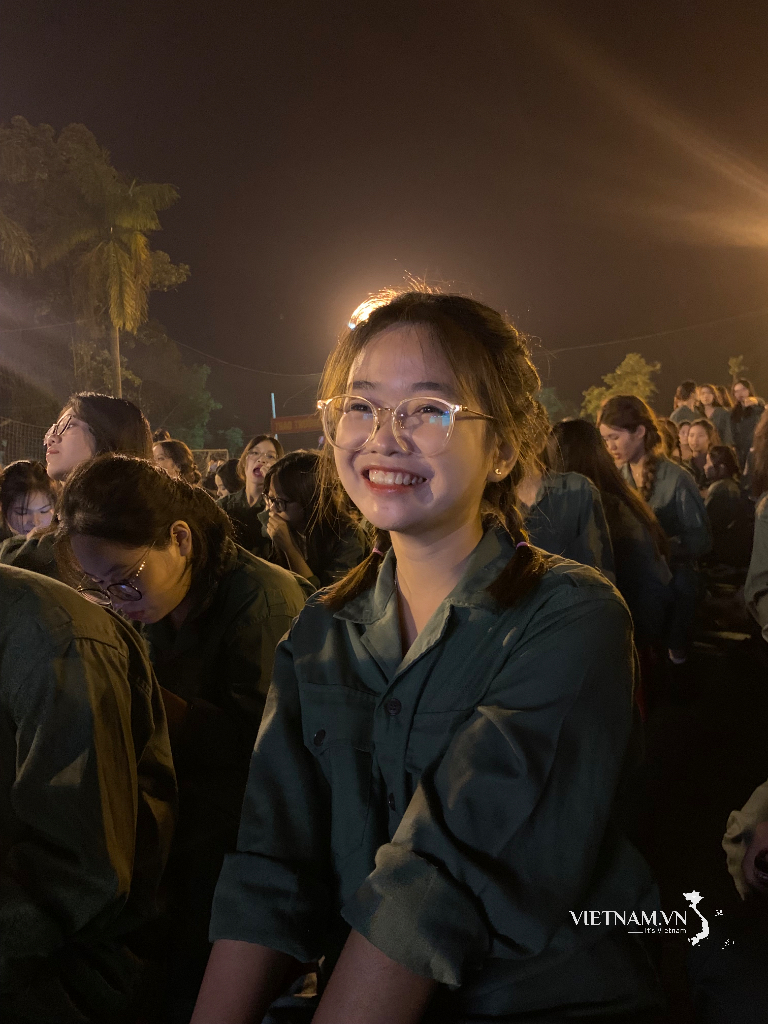


Comment (0)